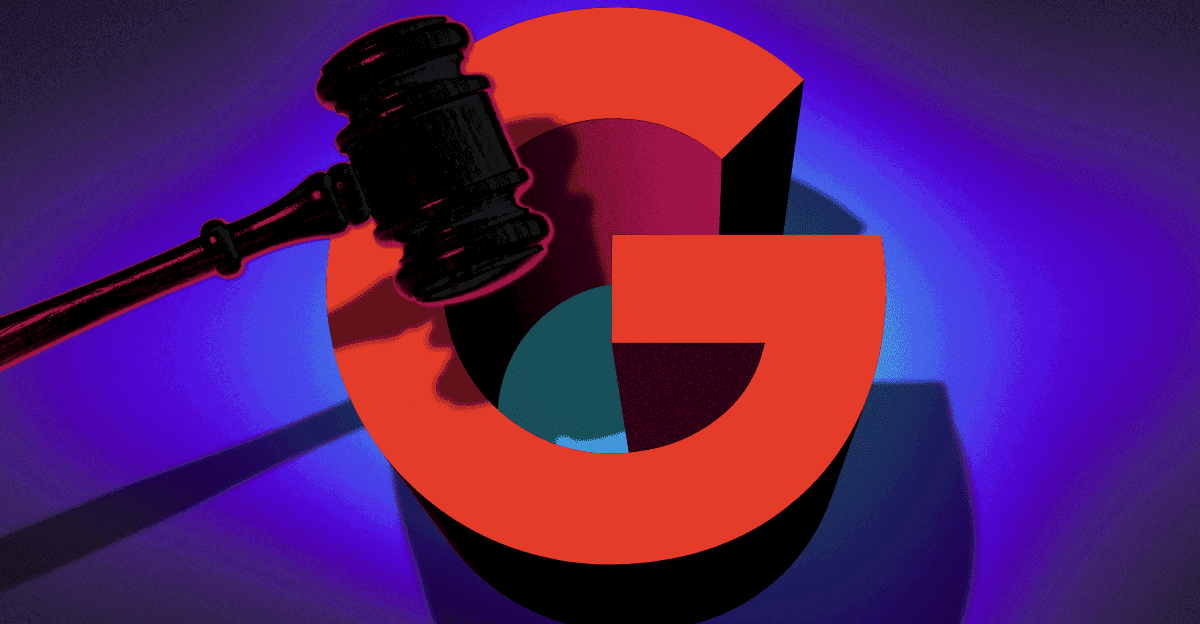News Publishers Slam Google's AI Mode as 'Theft', Raising Concerns Over Content Usage and Revenue Loss
5 Sources
5 Sources
[1]
News publishers call Google's AI Mode 'theft'
Emma Roth is a news writer who covers the streaming wars, consumer tech, crypto, social media, and much more. Previously, she was a writer and editor at MUO. The trade association backing some of the biggest news publishers in the US slammed Google's newly expanded AI Mode, which trades traditional search results for an AI chatbot-like interface. In a statement on Wednesday, the News/Media Alliance said the new feature is "depriving" publishers of both traffic and revenue. During Google I/O on Tuesday, the company announced that it's expanding AI Mode to all users in the US, which appears in a new tab directly within Search. When users enter a query, AI Mode serves up an AI-generated response alongside a list of relevant links. "Links were the last redeeming quality of search that gave publishers traffic and revenue," Danielle Coffey, the CEO and president of News/Media Alliance, said in the statement. "Now Google just takes content by force and uses it with no return, the definition of theft. The DOJ remedies must address this to prevent continued domination of the internet by one company." This week, an internal document disclosed as part of Google's antitrust trial over its search dominance showed that the company decided against asking publishers for permission to have their work included in its AI search features, as reported by Bloomberg. Instead, publishers must opt out of search results completely if they don't want their work included in AI features. Google Search head Liz Reid said during her testimony that allowing publishers to opt out of individual features would add "enormous complexity," according to Bloomberg. "By saying a publisher could be like, 'I want to be in this feature but not that feature,' it doesn't work," Reid said. "Because then we would essentially have to say, every single feature on the page needs a different model."
[2]
News/Media Alliance calls Google's AI Mode 'theft'
The News/Media Alliance took aim at Google today after the tech company's announcement at its I/O showcase that AI Mode will be rolling out to . This feature more closely integrates an AI chatbot into Google search. Ostensibly, AI Mode can help people get better answers to their queries, but it also serves to keep users on a Google property rather than clicking through to get information from other publications. "Links were the last redeeming quality of search that gave publishers traffic and revenue. Now Google just takes content by force and uses it with no return, the definition of theft," News/Media Alliance President and CEO Danielle Coffey. "The DOJ remedies must address this to prevent continued domination of the internet by one company." This isn't the first time the organization has fired shots at Google; it filed an earlier this month looking for remedy in the antitrust case about Google's monopoly control over search. The group argued that publishers should be able to opt out of letting search engines use their content for retrieval augmented generation. Google has also taken an aggressive stance toward publishers as it develops more AI-driven services. The company's recent attitude can be seen in Bloomberg's of an internal showing that the company decided not to give publishers a choice to opt out of AI training if they wanted their material to appear in search results.
[3]
Google's AI Mode is 'the definition of theft,' publishers say, opt-out was considered
The AI takeover of Search is in full swing, especially as Google's new AI Mode is going live for all US users. But for publishers, this continues the existential crisis around how Google Search is changing, with a new statement calling AI Mode "the definition of theft" while legal documents reveal that Google did consider opt out controls that ultimately weren't implemented. In a statement earlier this week, the News/Media Alliance slammed Google for "further depriving publishers of original content both traffic and revenue." The full statement reads: Links were the last redeeming quality of search that gave publishers traffic and revenue. Now Google just takes content by force and uses it with no return, the definition of theft. The DOJ remedies must address this to prevent continued domination of the internet by one company. This comes right as new documents revealed that Google had weighed out several options regarding allowing publishers to opt out of "SGE" - what ultimately became AI Overviews - but decided against these options (via Bloomberg). Google's options range from making no changes whatsoever to publisher controls, to explicit separation between Google's AI tools and the rest of Search, something the company called a "hard red line," implying that option was never being considered. As it stands today, publishers are unable to opt out of Google's AI tools without effectively opting out of Search as a whole. Google considers this "Option 2," where publishers can limit how often their content is used for AI results by opting out of traditional "snippets," which don't appear as often with the rise of AI Overviews anyway. The documents distinctly show that Google chose not to announce any of this publicly and avoid saying that making changes opts publishers out of seeing their work used for training data. Google, speaking to Bloomberg regarding these documents, said: Publishers have always controlled how their content is made available to Google as AI models have been built into Search for many years, helping surface relevant sites and driving traffic to them. This document is an early-stage list of options in an evolving space and doesn't reflect feasibility or actual decisions. It's not hard to see why Google went the route that it did here. Giving publishers the ability to opt out of AI products while still benefiting from Search would ultimately make Google's flashy new tools useless if enough sites made the switch. It was very much a move in the interest of building a better product. Does that change anything regarding how Google's AI products in Search cause potential harm to the publishing industry? Nope. Google's tools continue to serve the company and its users (mostly) well, but as they continue to bleed publishers dry, those publishers are on the verge of vanishing or, arguably worse, turning to cheap and poorly produced content just to get enough views to survive. This is a problem Google needs to address, as it's making the internet as a whole worse for everyone.
[4]
News/Media Alliance says Google's AI takes content 'by force'
Is Google's new AI Mode feature theft? The News/Media Alliance, trade association representing news media organizations in the U.S. and Canada, certainly thinks so. At Google's I/O showcase earlier this week, the tech company announced the public release of AI Mode in Google Search. AI Mode expands AI Overviews in search and signifies a pivot away from Google's traditional search. Users will see a tab at the top of their Google Search page that takes them to a chatbot interface much like, say, ChatGPT, instead of your typical Google Search results. These results offer users information without having to actually click on an article which, the News/Media Alliance argued in a press release, "further [deprives] publishers of original content both traffic and revenue." "Links were the last redeeming quality of search that gave publishers traffic and revenue. Now Google just takes content by force and uses it with no return, the definition of theft. The DOJ remedies must address this to prevent continued domination of the internet by one company," Danielle Coffey, the President and CEO of the News/Media Alliance, said in a statement. This isn't the first time the News/Media Alliance called AI out for "theft." Hundreds of publishers, including The New York Times, The Washington Post, and The Guardian, ran an ad campaign in April called Support Responsible AI run by the News/Media Alliance trade association. The ads literally stated: "Stop AI Theft." "Stealing is un-American. Tell Washington to make Big Tech pay for the content it takes," the ad campaign read. All the while, OpenAI and Google have asked the government to allow its AI models to train on copyrighted content.
[5]
News Media Alliance Slams Google's AI Mode for Stealing Traffic, Revenue
Google reportedly does not want to let publishers opt out of AI Mode Google's artificial intelligence (AI)-powered search experience, AI Mode, has received a critical statement from the News/Media Alliance. On Wednesday, the US-based non-profit trade association issued an official statement criticising AI Mode, and called it "the definition of theft." This came just a day after the Mountain View-based tech giant announced the expansion of AI Mode to all users in the US at its annual Google I/O event. As per a report, the company is also not in favour of letting publishers opt out of the AI Mode. Issuing the statement, Danielle Coffey, President and CEO of the News/Media Alliance, said, "Links were the last redeeming quality of search that gave publishers traffic and revenue. Now Google just takes content by force and uses it with no return, the definition of theft." Coffey also urged the US Department of Justice to address the association's concerns to prevent "continued domination of the internet by one company." The association also expressed concerns over the fact that the AI Mode would offer users information and answers to their queries without the list of URLs that are present in the traditional Google Search. This could lead to publishers being deprived of both traffic and revenue. Notably, the News/Media Alliance, which represents major publishers such as The New York Times, The Washington Post, Condé Nast, Vox Media, and others, is a vocal critic of generative AI companies. In its AI Principles page, the association has prescribed that deployers of generative AI technologies must respect creators' rights to their content, and that they should be transparent to publishers. According to a Bloomberg report, Google considered a "hard red line" that would require publishers who wanted to feature in its traditional search ranking to also provide their content to train AI models. Citing an internal document revealed during Google's antitrust trial, the publication claimed that the company had decided to "silently update" its policy about how it used publisher data with "no public announcement." Notably, Google continues to capture nearly 90 percent of the search market, as per a Statista report. As such, publishers cannot remove themselves from its listing without suffering major traffic and revenue hits. However, since the company has refused to let publishers have any control over their content as long as they continue to be listed, AI Mode will show the information with minimal attribution, and likely very little redirected traffic. The News/Media Alliance highlighted this concern on its website, stating that generative AI surfaces and synthesises much more proprietary content compared to traditional search and, if unchecked, this will accelerate "the growing trend toward zero-click, reducing or even eliminating value for publishers."
Share
Share
Copy Link
The News/Media Alliance criticizes Google's AI Mode, calling it "theft" of publisher content. The controversy highlights tensions between tech giants and news organizations over AI-powered search features.
Google's AI Mode Expansion Sparks Controversy
Google's recent announcement at its I/O showcase about expanding AI Mode to all US users has ignited a fierce debate in the publishing world. The News/Media Alliance, a trade association representing major news publishers, has strongly criticized this move, labeling it as "theft" of content and revenue
1
.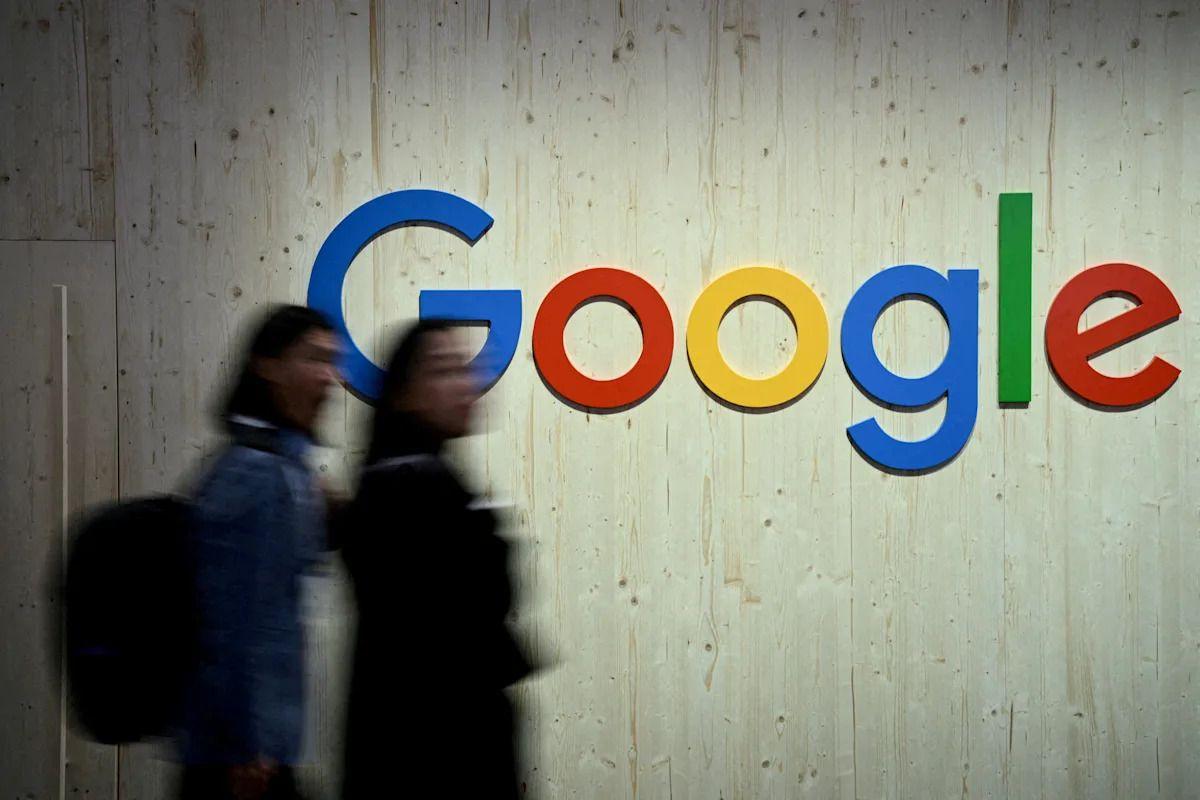
Source: Engadget
Publishers' Concerns and Accusations
Danielle Coffey, CEO and President of the News/Media Alliance, stated, "Links were the last redeeming quality of search that gave publishers traffic and revenue. Now Google just takes content by force and uses it with no return, the definition of theft"
2
. The association argues that AI Mode, which provides AI-generated responses alongside relevant links, could significantly reduce traffic to publishers' websites and, consequently, their revenue1
.Google's Stance on Publisher Opt-Out
An internal document revealed during Google's antitrust trial showed that the company decided against asking publishers for permission to include their work in AI search features
3
. Google Search head Liz Reid explained that allowing publishers to opt out of individual features would add "enormous complexity" to their systems1
.The Opt-Out Dilemma
Currently, publishers face a difficult choice: they must either allow their content to be used in AI features or opt out of search results entirely. This situation has led to increased tensions between Google and the publishing industry
4
.Impact on the Publishing Industry
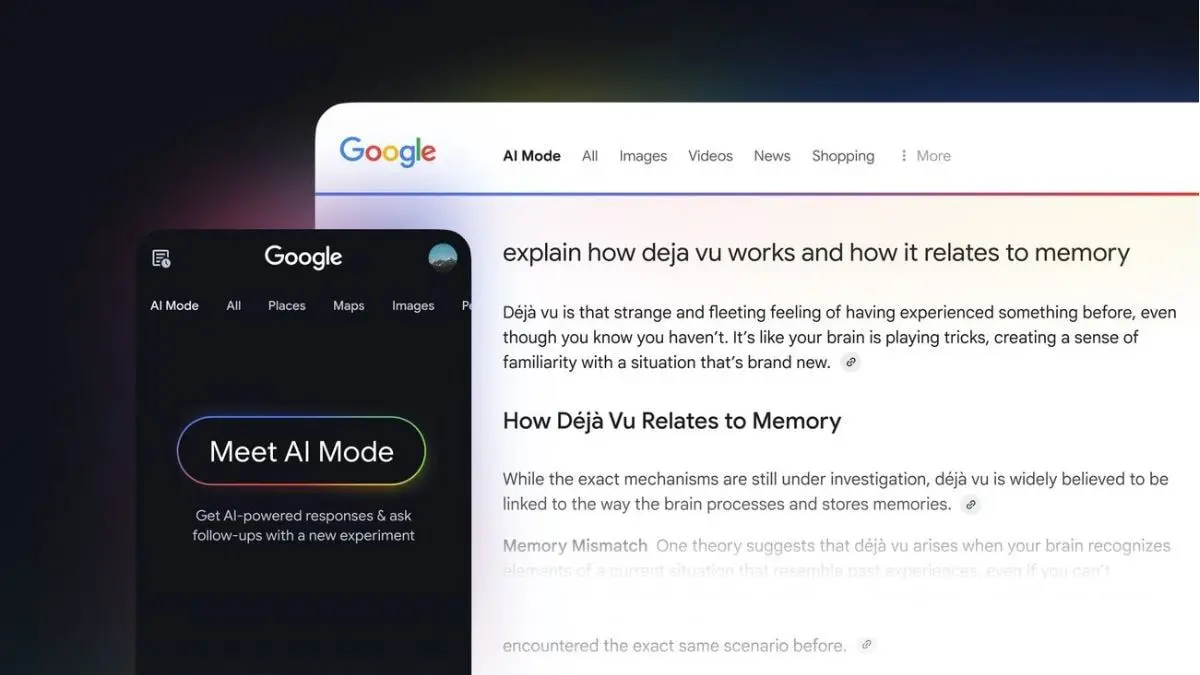
Source: Gadgets 360
The News/Media Alliance warns that AI Mode could accelerate the trend towards "zero-click" searches, potentially eliminating value for publishers
5
. With Google capturing nearly 90 percent of the search market, publishers cannot easily remove themselves from its listings without suffering significant traffic and revenue losses5
.Related Stories
Legal and Regulatory Implications
The controversy has led to calls for intervention from the US Department of Justice. The News/Media Alliance has urged for remedies to address what they see as Google's continued domination of the internet
2
. This dispute adds another layer to the ongoing antitrust scrutiny of Google's search practices.The Broader AI Debate
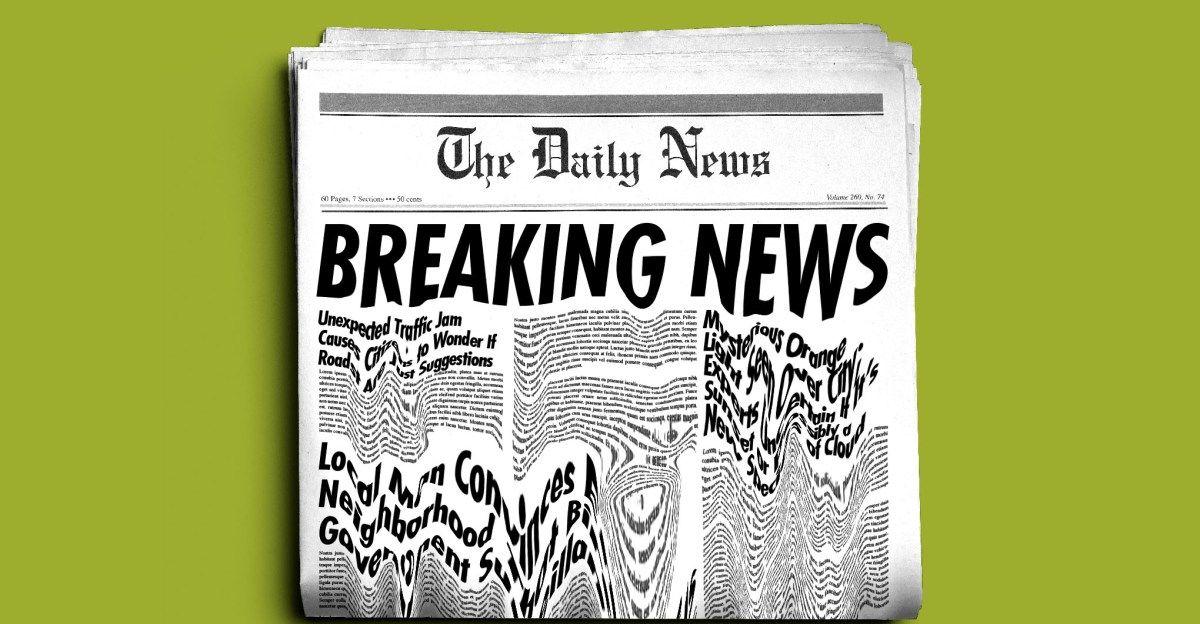
Source: The Verge
This controversy is part of a larger debate surrounding AI's impact on content creation and distribution. In April, hundreds of publishers ran an ad campaign called "Support Responsible AI," explicitly stating "Stop AI Theft"
4
. Meanwhile, AI companies like OpenAI and Google have been lobbying for permission to train their models on copyrighted content4
.As the AI landscape continues to evolve, the tension between tech giants and content creators is likely to intensify, raising important questions about the future of digital content, fair use, and the economics of online publishing.
References
Summarized by
Navi
[1]
Related Stories
Google Faces EU Antitrust Complaint Over AI Overviews in Search Results
04 Jul 2025•Policy and Regulation
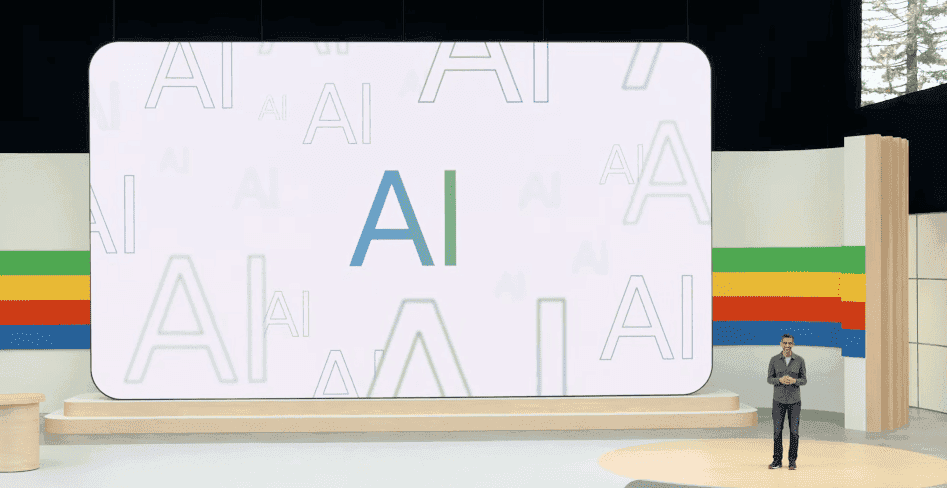
Google's AI Search Feature Reshapes Web Traffic and Online Business Models
29 Jul 2025•Technology

Google's AI Training Practices Raise Concerns Over Publisher Opt-Outs and Data Usage
04 May 2025•Technology
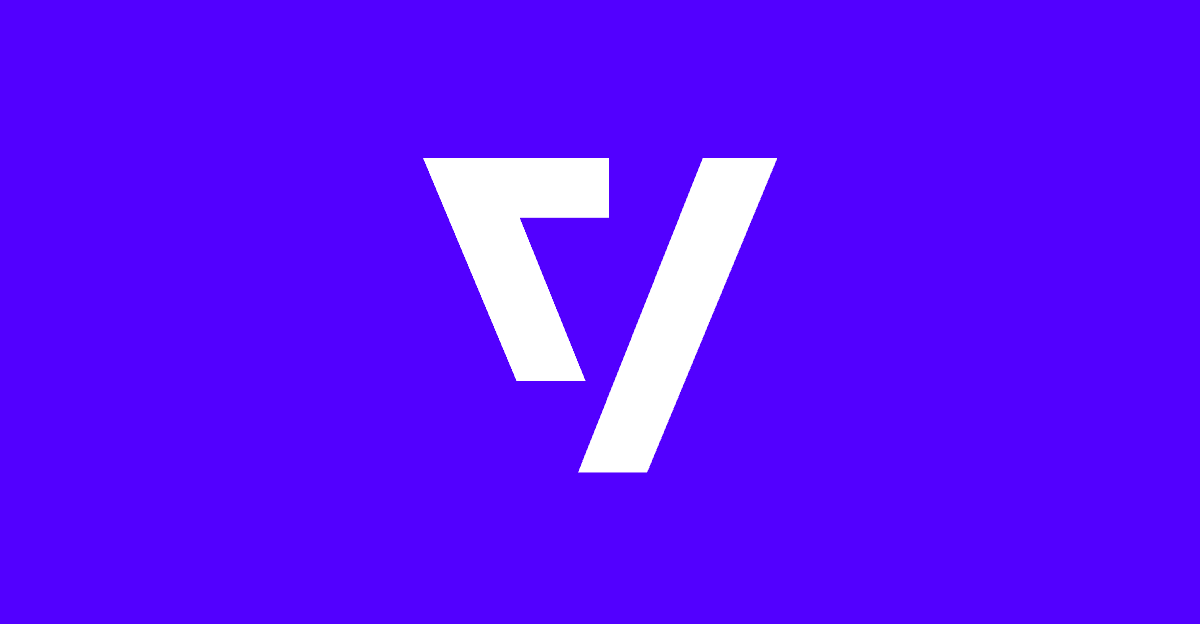
Recent Highlights
1
Google Gemini 3.1 Pro doubles reasoning score, beats rivals in key AI benchmarks
Technology

2
Meta strikes up to $100 billion AI chips deal with AMD, could acquire 10% stake in chipmaker
Technology

3
Pentagon threatens Anthropic with supply chain risk label over AI safeguards for military use
Policy and Regulation

